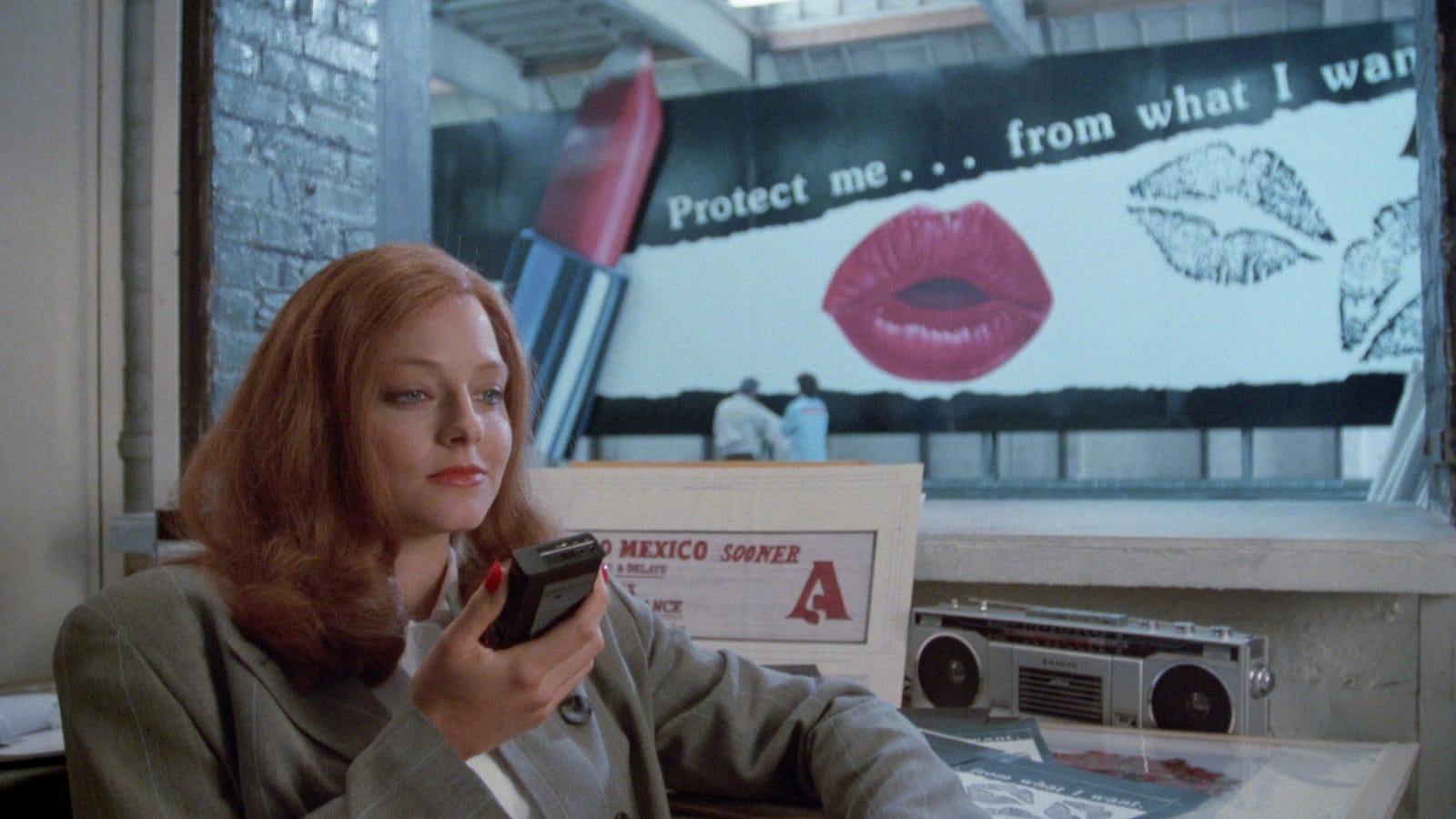Dennis Hopper’s film is full of stylistic flourishes that never come together

I had never heard of Backtrack prior to volunteering to review the film’s new Blu-ray release from Kino Lorber. Given the pedigree of the people involved, I was eager to check it out. Joe Pesci playing a murderous gangster? Jodie Foster as an accidental witness forced to go on the run? Dennis Hopper pulling double duty as an eccentric hitman and the film’s director? Yes, yes, and yes, please. My first impression is that the film is an enigmatic mishmash of straight-forward crime tropes and peculiar stylistic flourishes. It’s an odd duck of a film, sometimes entertaining, other times entertaining despite itself.
Foster plays Anne Benton, a conceptual artist who accidentally stumbles across mob boss Leo Carelli (Pesci) 86-ing some competition. Not willing to trust the FBI’s offer of witness protection, Anne quickly hits the road to escape Carelli and his lackeys. Hopper’s hitman Milo is brought on to find Anne, resulting in a cross-country chase. The fly in the ointment, however, is that Milo becomes obsessed with Anne and instead of killing her he takes up with her. In one of many baffling creative decisions, the Milo-Anne dynamic waffles between captor-captive and partners. Foster’s performance is good, but she’s at her most convincing when playing Anne as a woman desperate to escape everyone after her.

The film is a pretty standard chase thriller, but Hopper takes his time with each stop along the way. He’s equally likely to indulge in a chase scene through a mini-golf course as he is to watch Milo noodle around on his saxophone. Oh yeah, Milo’s very into jazz and that permeates the film. If you keep that in mind while watching, the film feels like an improv session, going in and out of grooves trying to find what works. Much like Milo’s sax riffs, the film never gets itself into a rhythm.
Backtrack was originally released under the title Catchfire, with Hopper giving the film its alternate moniker with his director’s cut that runs nearly 20 minutes longer than the theatrical. Kino includes both versions on its release, though neither one is particularly better than the other. The best thing about this release is the commentary track that plays with the director’s cut, done by filmmaker Alex Cox and actress and screenwriter Tod Davies. Cox and Davies, non-union writers, did uncredited work on the film’s script during a Writers Guild strike in 1988. They bring a ton of interesting anecdotes to the table, everything from the nuts and bolts of how they came onto the film to behind-the-scenes stories about the contentious relationship between Hopper and Foster. Cox and Davies have the report of a married couple (which they are), which gives the commentary track a level of breeziness that it is inviting. They
also aren’t precious about their work or the film itself, they pull no punches in a loving way. The commentary is easily the highlight of this release and is worth checking out. It’s one of the most insightful and entertaining tracks I’ve listened to in a while.
Backtrack is a film marked by what doesn’t work, but Kino’s release helps put some of the pieces together. Hopper’s work is still deeply flawed, but it’s also too quirky to dismiss. This is one for the cinematically curious.

Get it at Amazon: If you enjoy reading Cinapse, purchasing items through our affiliate links can tip us with a small commission at no additional cost to you.



